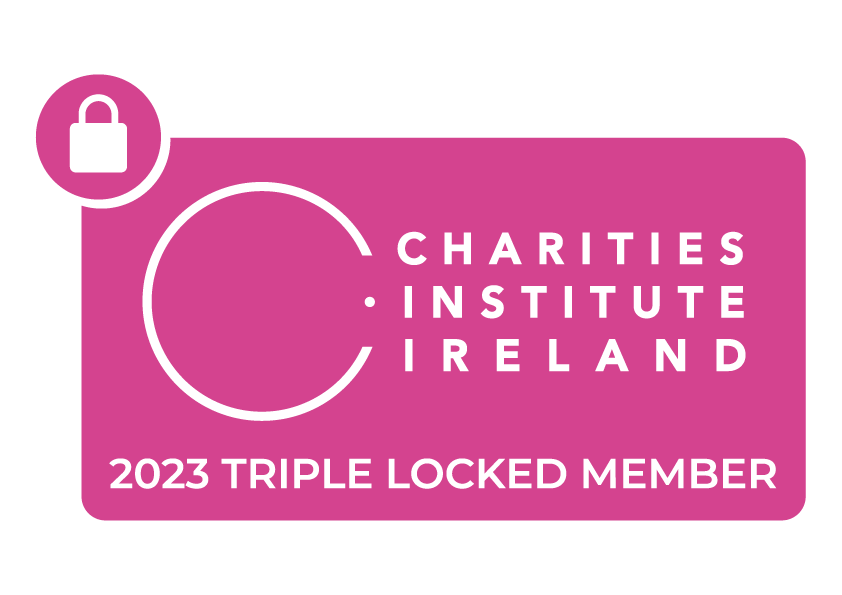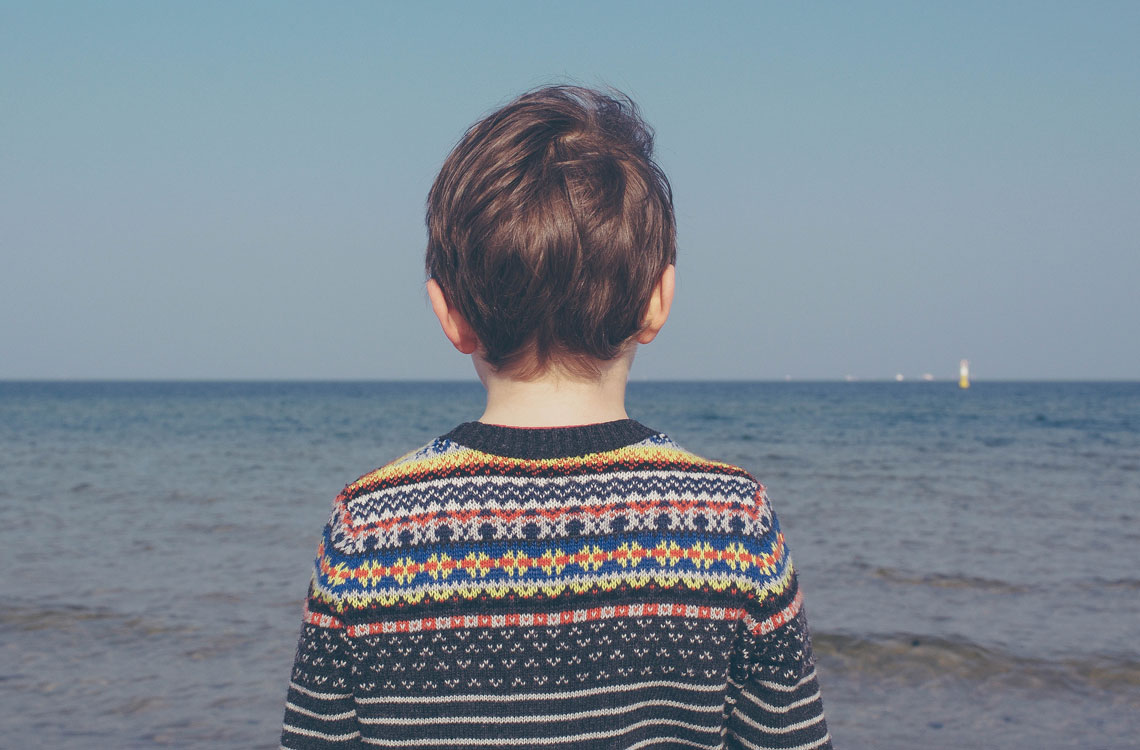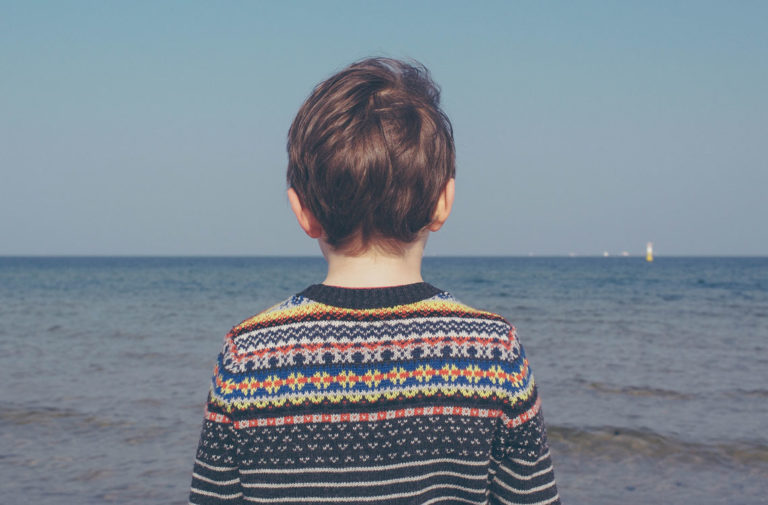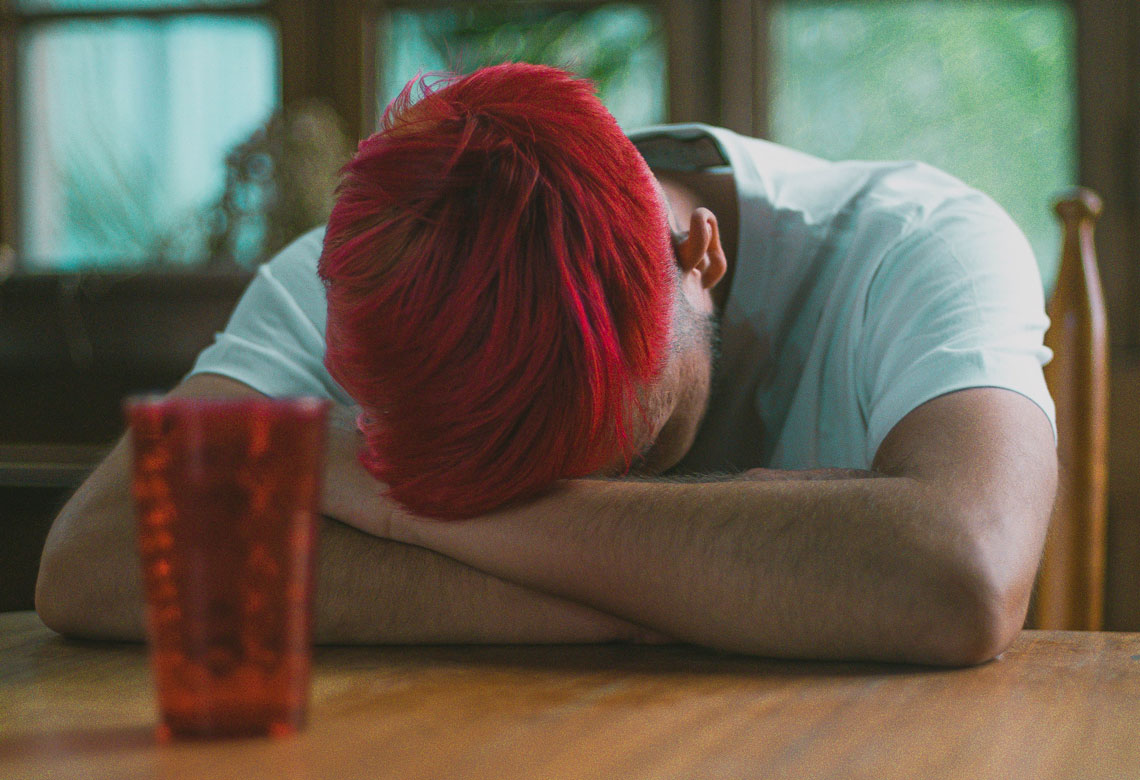
ISPCC delighted to see one of its key recommendations included in the report by the Committee on Education, Further and Higher Education, Research, Innovation and Science on Mental Health Supports in Schools and Tertiary Education
ISPCC welcomes the publication of the Committee on Education, Further and Higher Education, Research, Innovation and Science’s report on Mental Health Supports in Schools and Tertiary Education.
We are pleased to see the Committee take on a recommendation from ISPCC that the youth mental health pathfinder project be commenced without further delay. ISPCC was a member of the Youth Mental Health Taskforce where this recommendation was originally mooted back in 2017.
“We firmly believe that if we are to solve the crisis of our child and adolescent mental health service, the initiation of this unit is crucial. This week has seen the harrowing state of CAMHS being brought into focus in the interim report of the Mental Health Commission,” says CEO John Church. “The UN Committee on the Rights of the Child in its State examination of Ireland struggled to understand how we have such long waiting lists for these services.”
The initiation of the unit would address the relevant gaps and challenges in this cross-cutting area, ultimately improving whole of government approach.
Furthermore, we believe that it’s essential that mental health be a core focus of the next national policy framework for children and young people, with funding ring-fenced for both universal and targeted services.
It is fantastic to see the Education Committee recommend that ring-fenced funding be made available to non-statutory mental health supports for students to address the overflow of demand on the statutory services and to reduce waiting times. ISPCC provides many services already that could support Government to meet such a demand.
We are grateful that our Childline service was recognised by Mr Justice Clarence Nelson at the UN Committee on the Rights of the Child in Geneva at Ireland’s State examination. We are here for all children and they can reach out for any reason.
ISPCC has supported children, young people and families since its inception in 1956 and next month it will be 35 years since its flagship service, Childline, began. Since then, Childline has developed with the times and now offers a suite of multi-channel services delivered both face-to-face and non-face-to-face, responding to the needs of children and young people.
We are delighted to see that the Committee recommends that wellbeing supports be an integral part of the curriculum and that there be mandatory training on many areas including bullying. This is a key policy area for ISPCC and we developed our Shield Anti-Bullying programme as a direct response to the issue of bullying and how it was impacting the mental and emotional health and wellbeing of children.
We were delighted to collaborate with DCU’s Anti-Bullying Centre and our Irish Safer Internet Centre partners Webwise on the Shield programme
For real reform in the area of child and youth mental health, it is imperative that we understand the issues at play, that all relevant stakeholders work together and that the requisite resources are put in place.
Notes to Editors:
ISPCC Head of Policy and Public Affairs Fiona Jennings is available for comment or interview.
For more information, please contact Rowena Walsh, ISPCC Marketing and Communications Coordinator. Tel: 087 3157552
Email: [email protected]
About ISPCC
ISPCC is a national charity dedicated to enhancing the lives of children and young people; they are at the heart of everything we do. We provide the Childline suite of services.
Our child-centred services, programmes and supports are focused on strengthening resilience and developing coping competencies.
Any child or young person in Ireland up to and including those aged 18 years of age can contact Childline’s 24-hour support line by live chat – Childline.ie or calling 1800 66 66 66.
Our 24/7 Childline listening support service involves professionally trained facilitators actively listening, supporting and empowering children and young people. Our Childline Therapeutic Support Services offers children and young people a more long-term, personalised individual plan of support depending on their level of need and presenting issues.
ISPCC’s Digital Mental Health and Wellbeing programmes aim to reduce anxiety for children and young people, as well as helping their parents/carers to manage their own anxiety while supporting their anxious child or teenager. These CBT-based programmes have been developed by SilverCloud, a leading digital mental health provider.
Smart Moves is our evidence-based resilience programme specifically focused on the transition from primary school to post-primary school. Best practice tells us that students need to be supported not just before they transition from primary school to post-primary school, but also during and after.








